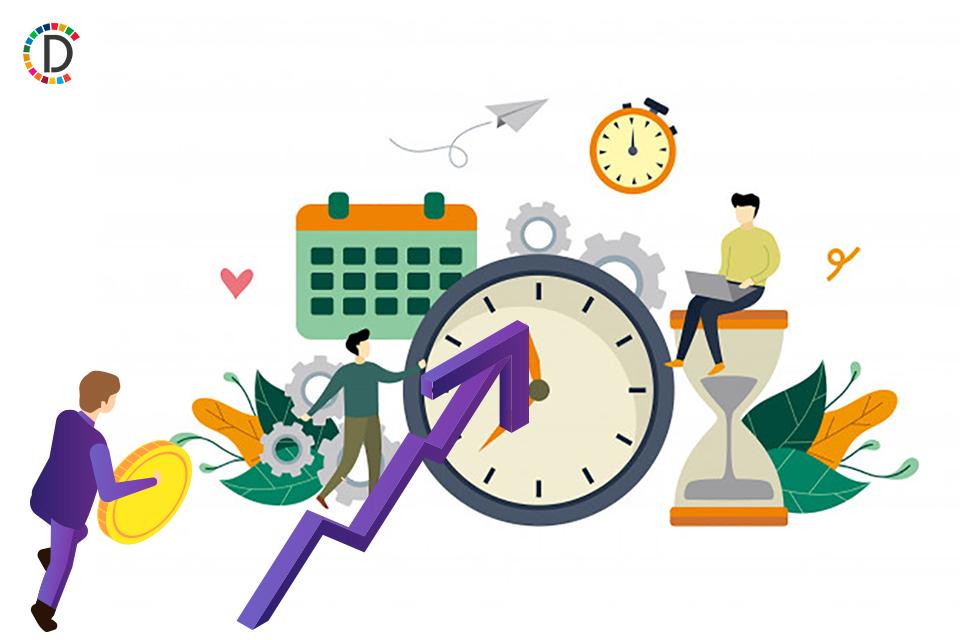Growing Economic Risks for the Wealthy Amid Climate Change
A study reveals that while the poorest face the highest economic risks from climate change, the wealthiest are experiencing the fastest-growing risks. Inequality in consumption and the ability to adapt to supply chain shocks are key factors, with transitioning economies like Brazil and China being highly vulnerable.

- Country:
- India
A new study indicates growing economic risks for the wealthy due to climate change, driven by impacts on global supply chains and goods and services. Despite the highest risks still resting with the poorest around the world, the fastest increase in risk is observed among the wealthy population.
Lower-income consumers face higher economic vulnerabilities in a changing climate due to their limited capacity to adapt. Researchers from the Potsdam Institute for Climate Impact Research (PIK), Germany, explain that disparity in consumption among different income groups relates to the ability to substitute goods in response to climate change shocks.
The study, published in Nature Sustainability, shows that low-income consumers are more susceptible to supply shocks, spending a bigger share of their budget on hard-to-substitute necessities. In contrast, high-income consumers allocate larger portions of their budget to easier-to-substitute goods, mitigating consumption reductions. However, increasing climate-driven risks may level the adaptation advantages of higher-income consumers, triggering substantial macroeconomic risks.
(With inputs from agencies.)










